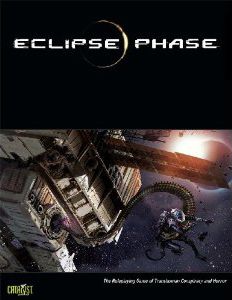Jun 26, 2010
Existential Risk Reduction Career Network
Posted by Peer Infinity in categories: existential risks, finance, lifeboat
The existential risk reduction career network is a career network for those interested in getting a relatively well-paid job and donating substantial amounts (relative to income) to non-profit organizations focused on the reduction of existential risks, in the vein of SIAI, FHI, and the Lifeboat Foundation.
The aim is to foster a community of donors, and to allow donors and potential donors to give each other advice, particularly regarding the pros and cons of various careers, and for networking with like-minded others within industries. For example, someone already working in a large corporation could give a prospective donor advice about how to apply for a job.
Over time, it is hoped that the network will grow to a relatively large size, and that donations to existential risk-reduction from the network will make up a substantial fraction of funding for the beneficiary organizations.
In isolation, individuals may feel like existential risk is too large a problem to make a dent in, but collectively, we can make a huge difference. If you are interested in helping us make a difference, then please check out the network and request an invitation.
Please feel free to contact the organizers at [email protected] with any comments or questions.


 It’s easy to think of people from the underdeveloped world as quite different from ourselves. After all, there’s little to convince us otherwise. National Geographic Specials, video clips on the Nightly News, photos in every major newspaper – all depicting a culture and lifestyle that’s hard for us to imagine let alone relate to. Yes – they seem very different; or perhaps not. Consider this story related to me by a friend.
It’s easy to think of people from the underdeveloped world as quite different from ourselves. After all, there’s little to convince us otherwise. National Geographic Specials, video clips on the Nightly News, photos in every major newspaper – all depicting a culture and lifestyle that’s hard for us to imagine let alone relate to. Yes – they seem very different; or perhaps not. Consider this story related to me by a friend.








